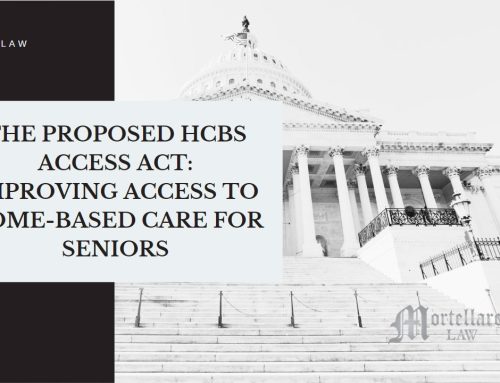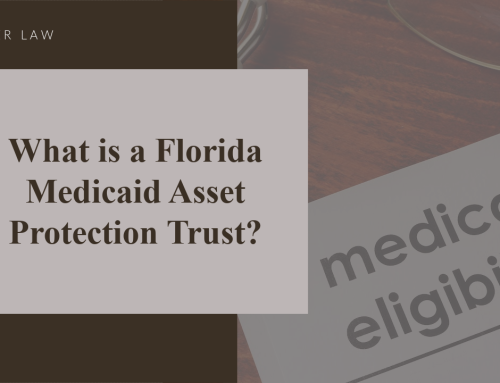Medicaid benefits are for those who have limited income and limited assets, as set forth by the program guidelines in each state. To become eligible for Medicaid, many people believe a simple transfer of assets – usually gifting money from one generation to another – will get them below these benchmarks and satisfy the requirements. Not exactly true. Any transfer of assets must be done carefully and within the guidelines, or you risk becoming ineligible for a period of time. So it is crucial that you consult with a professional who understands the regulations and can advise you on the options and consequences of making any transfers.
Medicaid Benefits Look-Back Period
During the application process, the administrating organization of that state examines the applicant’s financial records over an established period of time. In Florida, the Department of Children and Families looks at your financials beginning five years before the date of application. In the Medicaid world, this is known as the look-back period. Any asset transfers or sales of assets can be scrutinized and if they violate state guidelines, a penalty period can be enforced. Any transfers before this five-year mark cannot be penalized.
So certain transfers can unintentionally derail a Medicaid application. For example: a gift of money to a family member during the holidays. Although the IRS has a gift tax exemption up to $15,000, that gift runs afoul of Medicaid rules. Medicaid thinks of it this way: if the money had not been gifted, the applicant could have used it to pay for their long-term care.
As a general rule, never transfer assets without consulting a professional who works in the field on a regular basis, such as a Medicaid planning specialist or an elder law attorney who handles Medicaid cases. That’s because there are exceptions and legal loopholes within the regulations that allow for certain transfers. Again, some specific provisions and limitations apply to these exemptions. Make sure that you discuss your needs with an attorney as soon as possible.
Mortellaro Law Is Ready to Help
Instead of second-guessing your Medicaid benefits decisions, contact Mortellaro Law for a free consultation today. Our firm welcomes you to reach us by phone at 813-367-1500 or by sending us a message through our contact form.





